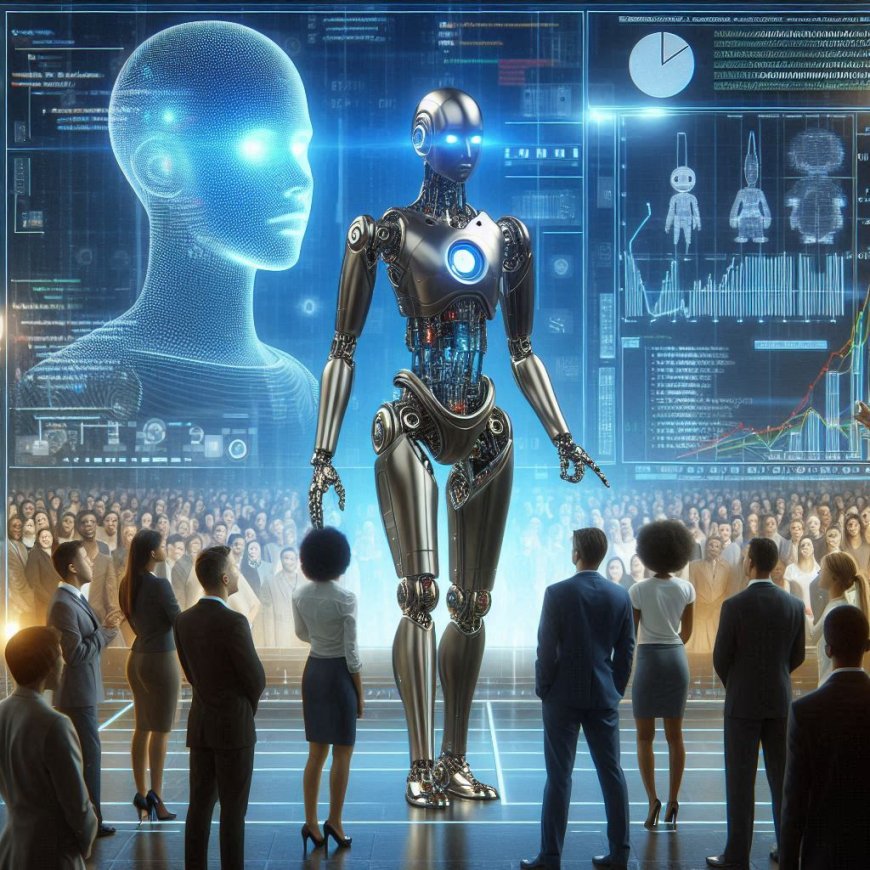Artificial Intelligence and Its Applications: From Chatbots to Medical Diagnosis Introduction

Artificial Intelligence and Its Applications: From Chatbots to Medical Diagnosis
Introduction
Artificial Intelligence (AI) has rapidly evolved from a concept in science fiction to a transformative technology that is reshaping industries and society as a whole. This article explores the wide-ranging applications of AI, from the ubiquitous chatbots to the complex realm of medical diagnosis.
Chatbots: The First Point of Contact
Chatbots, powered by AI, have become the first point of contact for many businesses. These virtual assistants can handle customer inquiries, provide support, and even complete transactions. Natural language processing (NLP) enables chatbots to understand and respond to human language in a conversational manner.
- Customer Service: Chatbots are used by companies to provide 24/7 customer support, answering frequently asked questions and resolving issues.
- E-commerce: Chatbots can assist customers with product recommendations, order tracking, and returns.
- Virtual Assistants: Personal assistants like Siri and Alexa rely on AI to understand and respond to voice commands.
AI in Healthcare
The healthcare industry is undergoing a revolution thanks to AI. From drug discovery to patient diagnosis, AI is being used to improve patient outcomes and reduce costs.
- Medical Imaging: AI algorithms can analyze medical images, such as X-rays and MRIs, to detect diseases like cancer with greater accuracy than human radiologists.
- Drug Discovery: AI can accelerate the process of discovering new drugs by analyzing vast amounts of data and identifying potential drug candidates.
- Personalized Medicine: AI can be used to create personalized treatment plans based on a patient's genetic makeup and medical history.
AI in Finance
The financial sector has embraced AI to improve risk assessment, fraud detection, and customer service.
- Algorithmic Trading: AI-powered algorithms can execute trades at high speeds, taking advantage of market opportunities.
- Fraud Detection: AI can identify patterns in financial data that indicate fraudulent activity.
- Credit Scoring: AI can be used to assess creditworthiness more accurately.
AI in Autonomous Vehicles
Self-driving cars rely heavily on AI to perceive their surroundings, make decisions, and navigate safely.
- Computer Vision: AI algorithms enable self-driving cars to recognize objects, such as pedestrians and other vehicles.
- Machine Learning: Machine learning is used to train self-driving cars to make decisions in real-time.
Challenges and Ethical Considerations
While AI offers numerous benefits, it also presents challenges and ethical concerns:
- Bias: AI algorithms can perpetuate biases present in the data they are trained on.
- Job Displacement: Automation powered by AI could lead to job losses in certain industries.
- Privacy Concerns: The collection and use of personal data for AI applications raise privacy concerns.
Conclusion
Artificial intelligence is rapidly transforming the world around us, and its impact will only continue to grow in the years to come. From chatbots to medical diagnosis, AI is being used to solve complex problems and improve our lives. However, it is essential to address the challenges and ethical concerns associated with AI to ensure that it is developed and used responsibly.
What's Your Reaction?






































